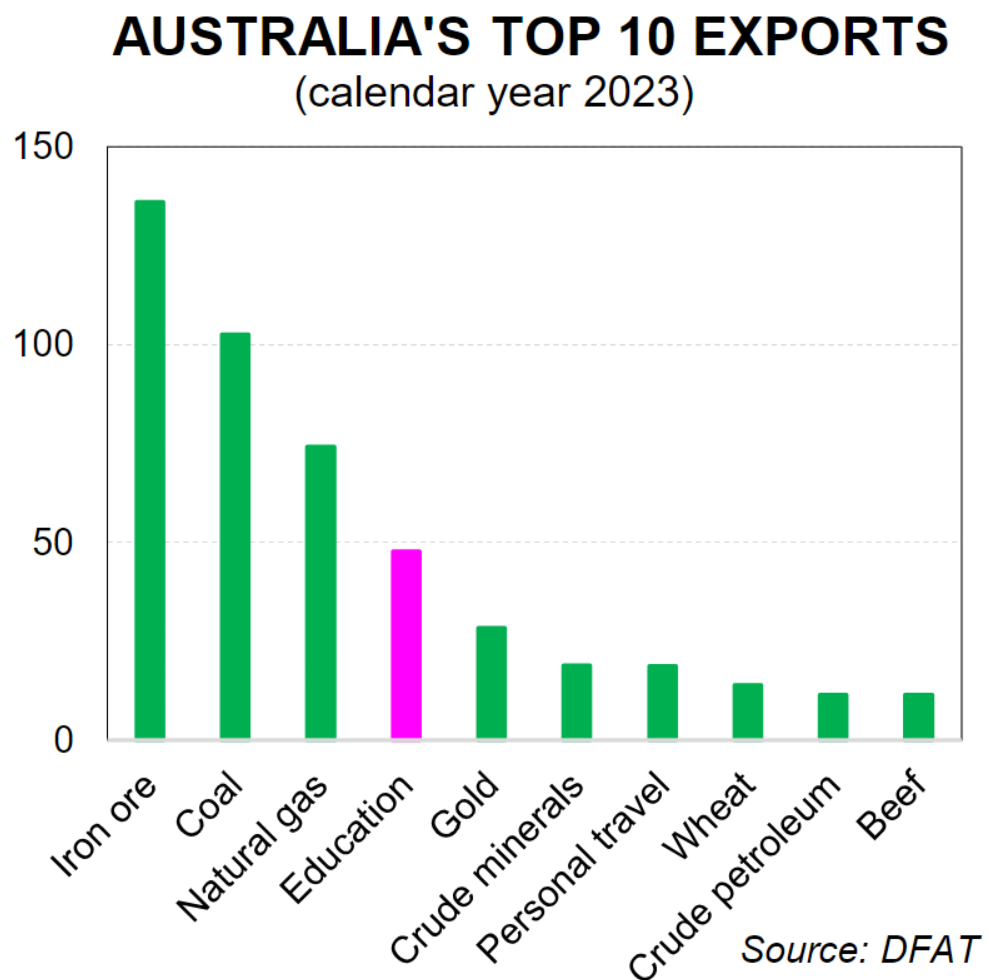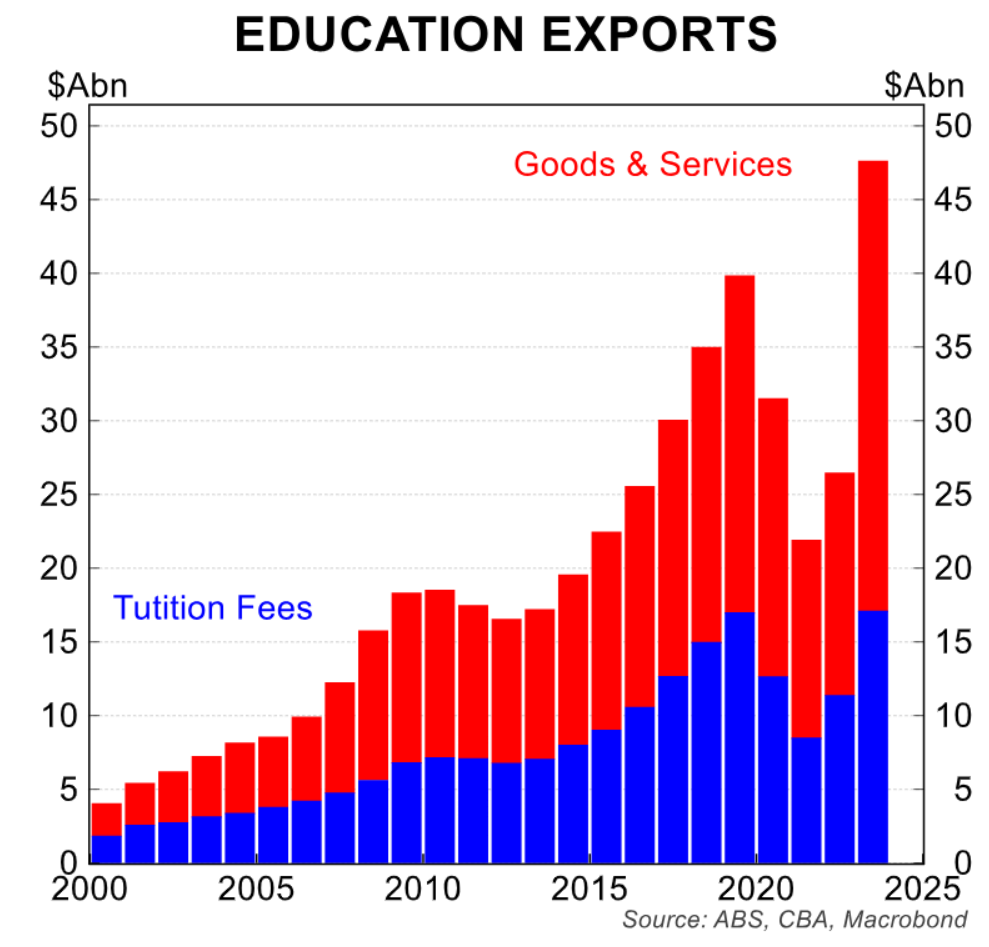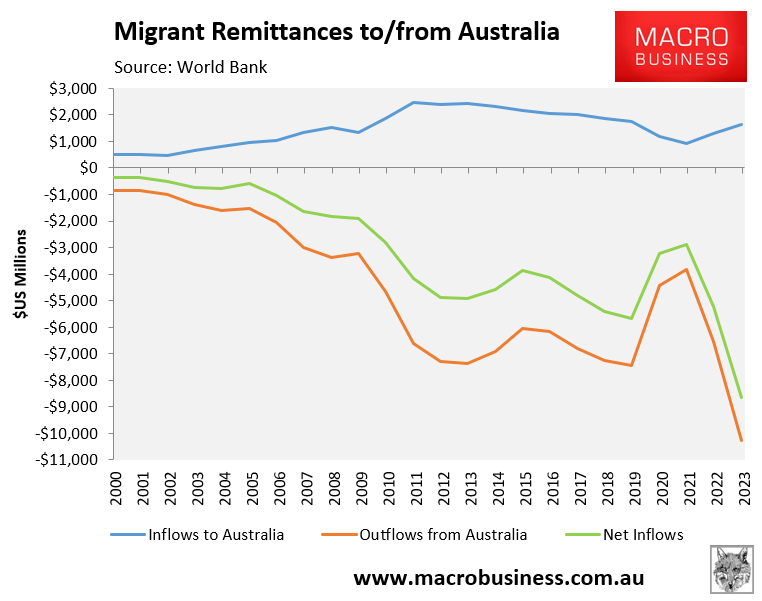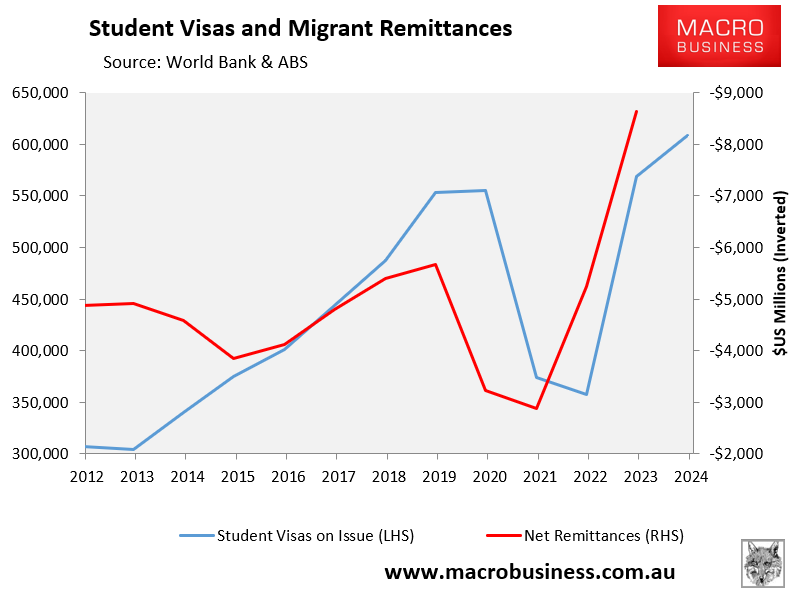Alan Kohler has gone where few economists dare, acknowledging that international students are more likely to be an economic import for Australia than an export.
Speaking on the latest Money Café Podcast, Kohler said the following about international education exports:
“Education is described as Australia’s largest non mineral export – $48 billion a year, fourth largest export after iron ore, coal, and natural gas”.

“However, it’s actually dodgy numbers. What the ABS does in order to achieve that $48 billion number is that they just estimate everything that foreign students spend in Australia – their tuition fees plus their spending to live here”.

“The trouble with that is that a lot of the money is actually earned here. So, it’s not money that is brought in”.
“And, if fact, if you look at the data, they seem to be sending money out, repatriating more money than they bring in”.
“So, foreign education should be called an import, not an export”.
“[Education] is only an export of all the money is brought in, and it’s not”.
Well done, Alan Kohler, for exposing the truth about what is one of Australia’s biggest statistical lies.
The reality of the situation is that if international education was really a gigantic $48 billion export industry, then we would be seeing huge inflows of migrant remittances to Australia.
Yet, the data shows that remittance inflows into Australia in 2013 were actually less than they were a decade ago:

By contrast, migrant remittance outflows have swelled, commensurate with the growth in international student numbers:

Australia lost $US8.6 billion in net migrant remittances in 2023, up from $US4.9 billion lost in 2013.
The money flows suggests that international education is really an economic import, not an export.
It is time that the ABS, economists, policymakers, the media, and the sector acknowledge these inconvenient truths.

